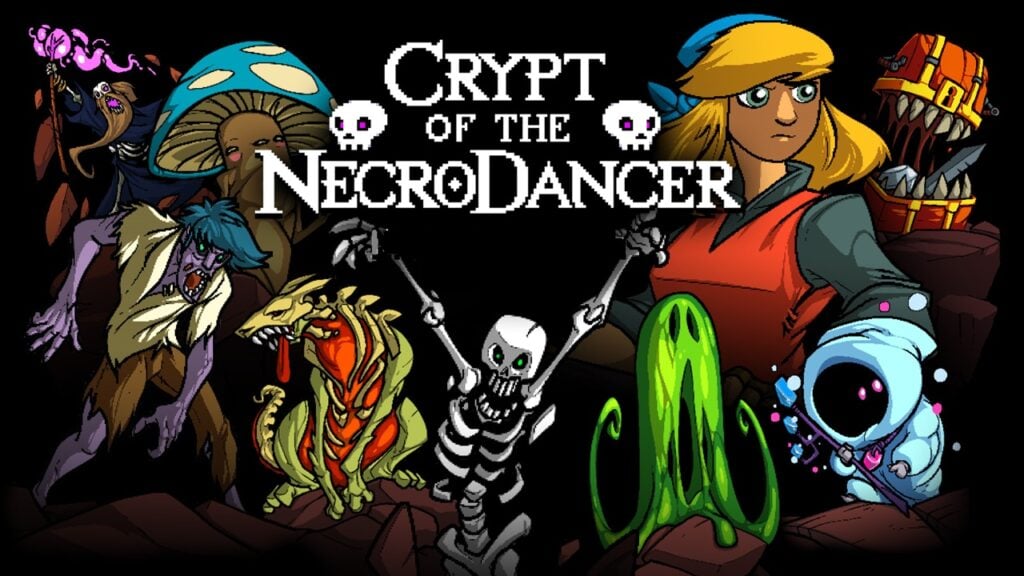NetEase's Marvel Rivals: A Success Despite Near-Cancellation
NetEase's Marvel Rivals has been a resounding success, attracting ten million players within three days of its launch and generating significant revenue. However, a new Bloomberg report reveals that CEO William Ding nearly canceled the game due to reservations about using licensed intellectual property (IP).
This near-cancellation comes amidst a broader restructuring at NetEase. Ding is reportedly cutting jobs, closing studios, and scaling back overseas investments to create a more focused portfolio, aiming to reverse recent growth stagnation and better compete with industry giants Tencent and MiHoYo.
The report indicates that Ding's reluctance to pay licensing fees for Marvel characters almost led to the game's demise. He reportedly attempted to convince developers to redesign characters using original concepts. While this near-cancellation allegedly cost NetEase millions, the game ultimately launched and achieved remarkable success.
Despite this success, the restructuring continues. Recent layoffs at the Marvel Rivals Seattle team, attributed to "organizational reasons," underscore this ongoing process. Furthermore, NetEase has significantly reduced investment in overseas projects, a departure from previous substantial investments in studios like Bungie, Devolver Digital, and Blizzard Entertainment. The report suggests a focus on projects projected to generate hundreds of millions annually, though NetEase denies setting arbitrary revenue targets for game viability.
Internal sources describe a challenging work environment characterized by Ding's volatile leadership style. They cite rapid decision-making, frequent changes of mind, pressure to work excessive hours, and the appointment of recent graduates to senior leadership positions. The frequency of project cancellations raises concerns about NetEase's potential game releases in China next year.
NetEase's reduced investment in game development coincides with a period of widespread uncertainty within the global games industry, particularly in Western markets. Recent years have witnessed numerous layoffs, cancellations, and studio closures, alongside the underperformance of several high-profile, expensive titles.
 Home
Home  Navigation
Navigation






 Latest Articles
Latest Articles










 Latest Games
Latest Games












